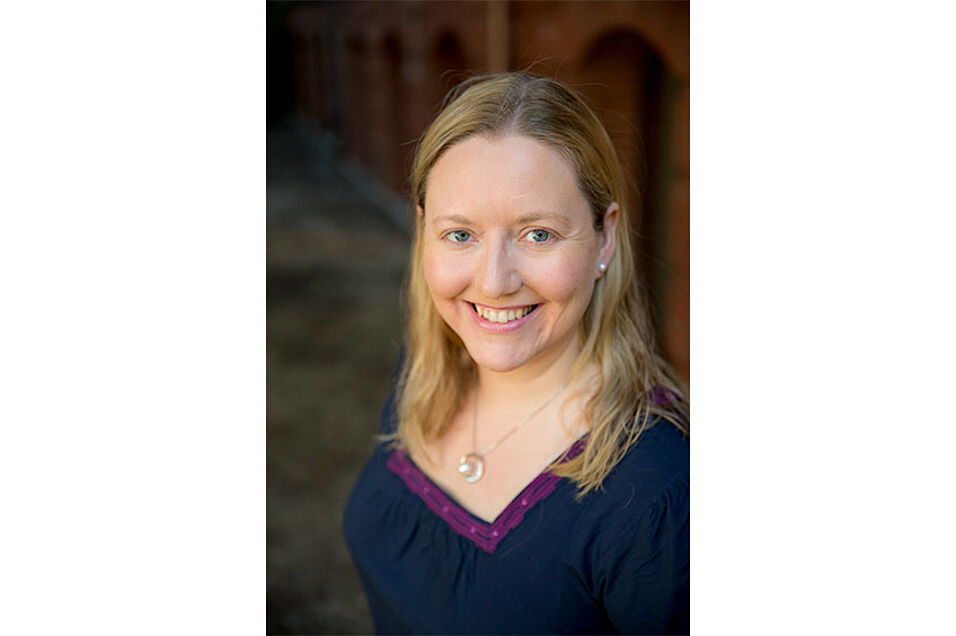Vortrag im Rahmen des University of Vienna Physics Colloquiums
Global temperature rise is driven by increased concentrations of greenhouse gases (GHGs) such as carbon dioxide (CO2) and methane (CH4) in the atmosphere. Due to a building El Nino event, 2023/2024 are expected to the be warmest years on record. The surface temperature rise is not uniform across the world and the Arctic is warming at twice the global average. The thawing of frozen soils (permafrost), and the amount of carbon exchange between ecosystems and the atmosphere, are beginning to increase in response to this warming. But the Arctic is not the cause of the rising temperatures seen globally. 70% of the CO2 emitted into the atmosphere comes from urban areas and these cities are also large sources of methane. Many city governments around the world have committed to reducing their emissions of GHGs based on inventories calculated for their city. But some of the assumptions used to build these inventories are highly uncertain. In 2020-2021, the world saw what happens to CO2 and CH4 emissions when everything shuts down and alongside some of the expected responses, we observed some surprising results too. This talk gives an overview of sources and sinks of greenhouse gases, impacts in particular on the Arctic, and also discusses potential solutions.
Bio: Dr. Róisín Commane is an Associate Professor in the Dept. of Earth and Environmental Sciences, Lamont-Doherty Earth Observatory at Columbia University, where her group examines multidisciplinary questions drawing together observations and modeling of atmospheric chemistry and transport with terrestrial ecology. Her recent research has focused on Arctic ecosystems (through NASA ABoVE), New York's emissions of carbon and other pollutants and the remote atmosphere (as part of NASA ATom). She obtained her BSc (Joint Hons.) in Chemistry and Mathematical Physics from University College Dublin, Ireland, her PhD in Atmospheric Chemistry from University of Leeds, UK in and was a postdoc and Research Associate at Harvard University 2009-2018.
A light lunch buffet will be offered before the lecture at around 13:00.

